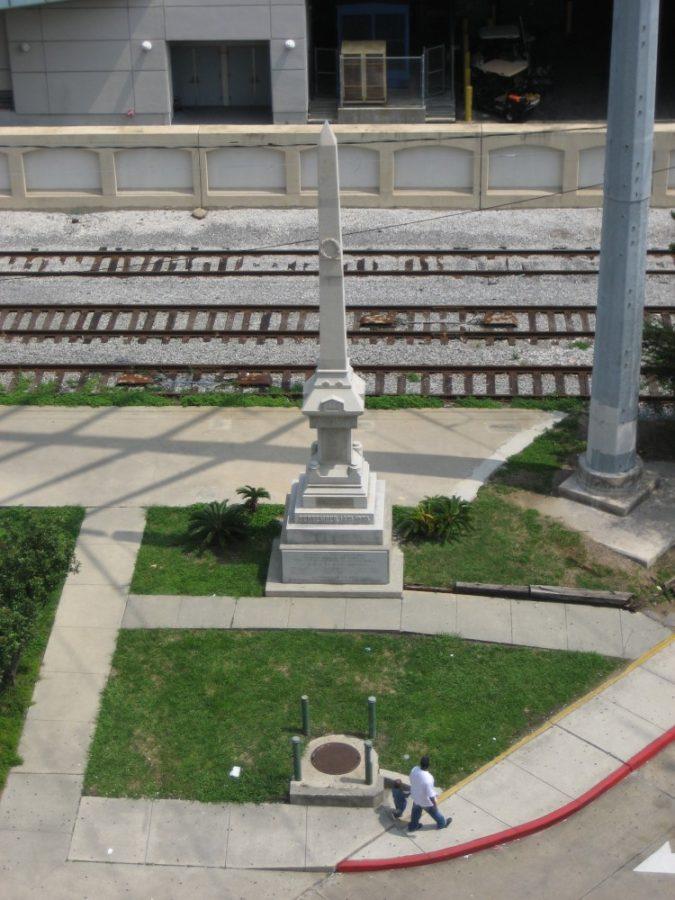Amidst a wave of popular opposition to socially outdated memorials across the country, we must remember our duty to preserve the memories of a difficult past.
One of the paramount questions laid before the feet of every civilization has been: “’What should be remembered?” The Caesars of Rome destroyed the records of their enemies in a process known as memoriae damnatio, or “condemnation of memory.” The leaders of the Soviet Union erased pictures and articles praising or even mentioning their enemies.
Only in our modern age have our questions of memory been so self-reflective and potentially divisive. Our discomfort over a past filled with tragic and morally objectionable actions has created opposition and outrage toward all vestiges of it — perhaps to the detriment of our history and our understanding of our nation.
The uncomfortable truth of history is that individual morality and social conscience both shift over time; what is acceptable today might be perceived as strange and even alien yesterday. So much of our shared history has involved a long walk toward equality and liberty for even the most shunned and downtrodden — a journey that continues to this day. But to forget our incremental steps and demolish the records from that journey is to forget our history and where we came from.
RELATED: Column: The lessons we learned from the 2016 election, Trump’s inauguration
On April 24, the city of New Orleans took down a monument from 1891 that was dedicated to the Crescent City White League, an organization formed in the upheaval of the post-Civil War Reconstruction Age. The league was dedicated to white supremacy and targeted African-American voters in an attempt to maintain the pre-war racial status quo. After a controversial Louisiana gubernatorial election, the league even tried to install its candidate by force.
That the city honored the league with a monument is shocking, even appalling, when viewed through the eyes of the present-day inhabitants of New Orleans, but that action is still a part of our greater societal record. Dark and damning as it may be, it is a part of the city’s history and a page in our American story. Removing the monument does not right the wrongs of Jim Crow any more than the destruction of Auschwitz would correct the tragedy of the Holocaust.
The dark spots of history must be shown and remembered to ensure that we know where we come from and what we face if we turn back. The historical value of keeping these shards of our collective experience must not be forgotten in the face of justifiable anger and disquiet toward the actions of those who have come before us.
The power of memory must be maintained and kept close to the heart, lest we become overcome by overzealous emotion, lose track of just how far we have come, and destroy the lessons that the past has left for us to find.
RELATED: UA remembers Don Haskell, voice of Pride of Arizona for 25 years
Monuments dedicated to events and people whose legacies are now disgraced should not be destroyed, but maintained and viewed through the lens of an observer of history. They should be preserved so that we can better remember the failures of the past, and never be distant from the tragedies of time.
Though structures like the Liberty Place monument in New Orleans were erected decades ago to celebrate deeds we now find abhorrent, we must keep them so that we remember where we began. To forget the sins of the past is no better than to celebrate them, and the destruction of history will only destroy the lessons that we can take from it.
Follow Alec Scott on Twitter









